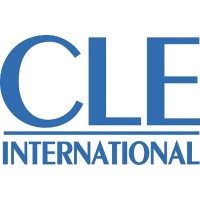
CLE International
CLE International is the world’s leading publisher of textbooks on French as a foreign language. It covers all educational levels: from pre-school to adult education. CLE International has a catalogue running to over 800 items, and turns out more than 100 new books and CDs a year. CLE International is an Editis - SEJER company






